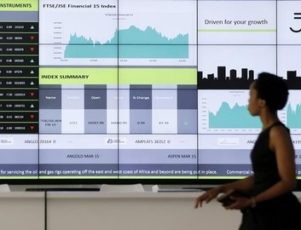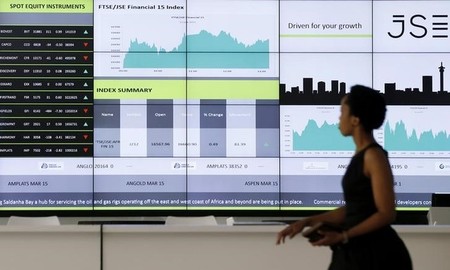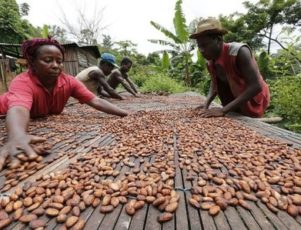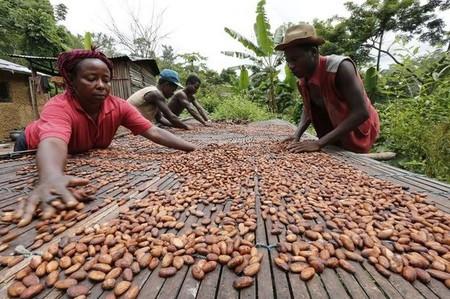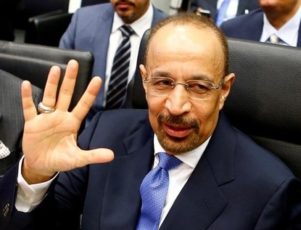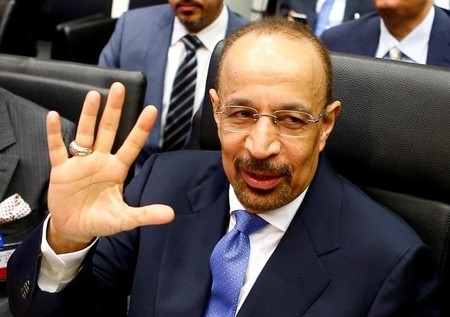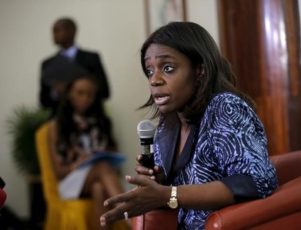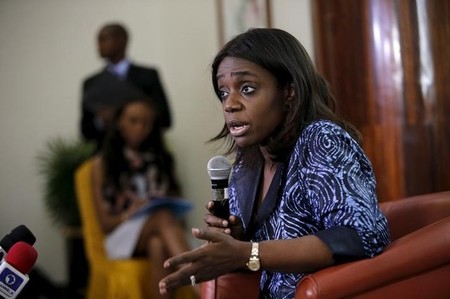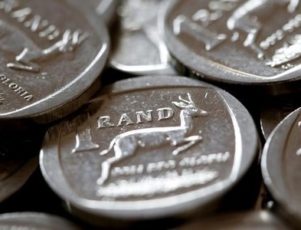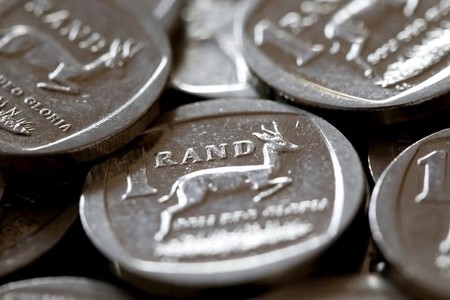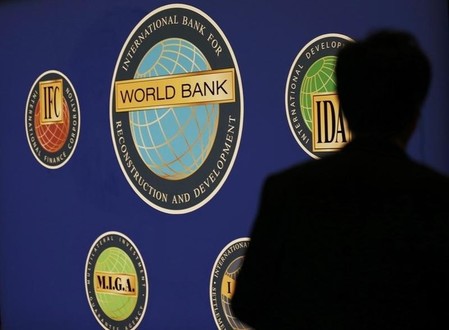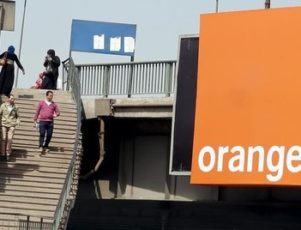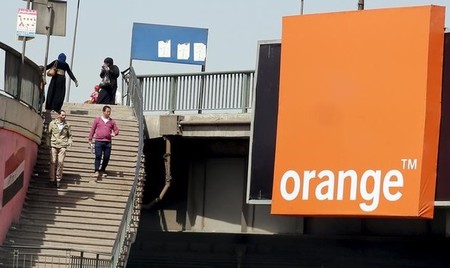By George Obulutsa
NAIROBI(Reuters) – Kenya will appoint a company by December to conduct a year-long airborne survey to map its mineral deposits to attract mining explorers to the nascent sector, Mining Cabinet Secretary Dan Kazungu said on Wednesday.
Kazungu said the ministry has initial funding of 3 billion shillings ($29.64 million) from the Treasury in the 2016/17 (July-June) fiscal year to start the survey.
Kenya has proven deposits of titanium, gold and coal and is also understood to hold significant deposits of copper, niobium, manganese and rare earth minerals.
President Uhuru Kenyatta created the Mining Ministry in 2013 to try and diversify the east African economy which relies mainly on tourism and agriculture.
“In our forecast we believe we should be able to have that contractor through competitive bidding who will do the airborne survey,” Kazungu told reporters on the sidelines of a mining industry conference.
He said the ministry would hire a consultant in the next month or so to work with geologists to help the contractor with Kenya’s first such survey.
“As the process goes on, we should be able to find preliminary results as the mapping starts,” he said. “We have never surveyed our country to know what we have. We need to have credible data.”
He said the survey would start in western Kenya, where gold has been discovered.
Successive governments have had little success in trying to develop Kenya’s mining potential, with foreign exploration companies discouraged by poor infrastructure and an outdated legal framework.
In May a new law came into effect, which includes giving the government a 10 percent share, known as free carry interest, for projects that meet yet-to-be determined minimum investment thresholds.
It also sets the average rate of royalties for the government for various minerals at 6 percent, with miners paying a lower rate when they process the minerals locally.
Base Titanium, Kenya’s first large-scale international mining project, shipped the first consignment of minerals in February 2014 after years of delays.
Base Titanium, a unit of Australia’s Base Resources, said earlier this year it expects ilmenite output at its Kenyan mine to rise by up to 5 percent and rutile by up to 11 percent in the financial year to June 30, 2017.
The $305 million Base Resources project is seen as integral to Kenya’s plans to expand its mining sector.
($1 = 101.2000 Kenyan shillings)
(Reporting by George Obulutsa; editing by Elias Biryabarema and Susan Thomsa)

